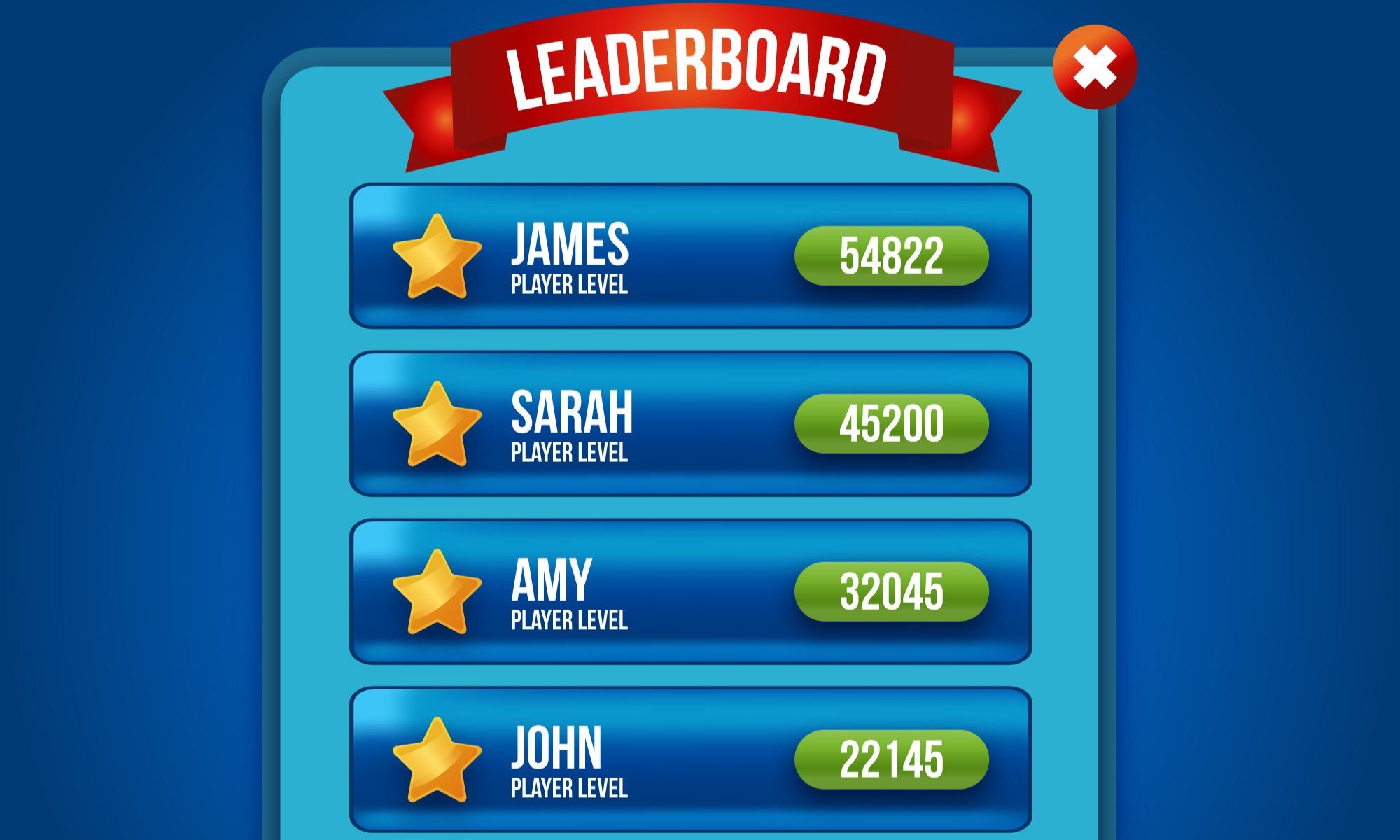Live roulette has transformed the online casino world by blending the excitement of a real casino with the comfort of your home—or wherever you might be. In South Africa, this trend has exploded in recent years, with more players jumping on both desktop and mobile platforms. But here’s a burning question many have asked: Is live roulette actually faster when played in an app compared to a desktop?
How Live Roulette Works
Live roulette is a real-time casino game that connects players to human dealers through high-definition streaming. Unlike traditional online roulette games, which rely on computer-generated outcomes and animations, live roulette is operated by a real person spinning a real wheel. The action is captured by several cameras placed strategically around the roulette table to give multiple viewing angles, enhancing realism. Players place their bets through an interactive interface, and once the dealer spins the wheel, you can watch the ball bounce and land in real time. The entire process is transparent, and the use of physical elements instead of algorithms builds more trust among players.
Mobile vs Desktop Gaming
In South Africa, the mobile-first trend is not just a buzzword—it’s the reality. More people access the internet via smartphones than desktops, and this naturally reflects in online gambling behavior. Desktop setups typically offer a stable broadband connection, large screen displays, and the ability to open multiple tabs or software windows at once. This is great for multitasking or tracking stats, but it also comes with a heavier load on processing power. If your desktop is outdated or overloaded, it can slow down your gaming experience significantly, especially in live-streaming scenarios.
Mobile apps, on the other hand, are optimized for quick and easy use. They’re designed for users who want to gamble on the go, relying on either Wi-Fi or mobile data. These apps often provide a more seamless experience because they are tailored to the device’s capabilities, with touch-friendly interfaces, quick-loading screens, and simplified navigation. In many cases, live roulette apps launch faster, consume less data, and offer smoother gameplay, making them a popular choice among South African users—particularly those living in areas with solid mobile network coverage.
The Speed Factor in Live Roulette
When we talk about the speed of live roulette, we’re not just asking how fast the wheel spins. “Speed” in this context breaks down into three major elements that define your overall experience. First is load time, which measures how quickly the game initializes and gets you to the live table. If an app loads faster than a desktop browser, you’re able to join games quicker and make the most of limited time. Second is latency, which is the delay between the live dealer’s actions and what appears on your screen. Lower latency ensures that the video feed is almost in real time, reducing the risk of missing a betting window or misjudging the spin.
Third, and perhaps most important for competitive players, is betting speed. This includes how fast the betting interface responds to your input and confirms your choices. A laggy interface can mean missed opportunities, while a fast one lets you place strategic bets with ease. On mobile apps, the touch interface often allows for quicker selections, while desktops may be slowed by cursor movements or browser lag. These three factors—load time, latency, and betting speed—combine to form the core of what makes live roulette “faster” on one platform versus another.
Technical Comparison
Internet Connection Stability
One of the biggest technical influences on game speed is your internet connection. In South Africa, players rely on a combination of mobile data networks (like MTN, Vodacom, and Telkom) and home broadband Wi-Fi. Mobile data, especially in urban centers, often delivers faster speeds and lower latency due to recent investments in 4G and 5G infrastructure. This gives mobile apps a huge edge, as they can take advantage of these faster, optimized networks for smoother gameplay.
However, in rural areas or less developed regions, mobile networks may not be as reliable. In those situations, Wi-Fi might still offer better consistency. Desktop users connected to fiber or ADSL often enjoy more stable connections, but even these can be vulnerable to outages or throttling during peak hours. The bottom line is this: the better your internet, the faster your live roulette experience—regardless of the platform. Still, mobile apps seem to adapt better to network fluctuations thanks to more aggressive optimization.
Device Processing Power
Today’s smartphones are essentially pocket-sized computers, boasting processors, GPUs, and memory that rival mid-range laptops. Many live casino apps are designed specifically for iOS and Android, taking full advantage of the hardware to deliver crisp visuals and rapid interface responses. These apps are streamlined—meaning they eliminate unnecessary features and focus solely on delivering fast, responsive gameplay. This results in less lag, smoother animations, and quicker screen transitions.
Desktops, in contrast, have to share resources across multiple background processes, tabs, or open software. Unless you’re using a gaming PC, there’s a good chance your desktop browser is handling more than it should. Browsers like Chrome are known for being resource-heavy, which can impact video playback and responsiveness in live casino settings. In short, unless your PC is high-spec and well-maintained, mobile apps usually deliver better performance due to their focused and lightweight design.
Advantages of Mobile App Processing:
- Tailored specifically for mobile CPUs and GPUs
- Less background clutter compared to desktops
- Built-in performance enhancements like memory management
Server Location & Ping Times
Server location plays a surprisingly big role in how fast your game runs. Most live casino servers are based in Europe (e.g., Malta, Latvia, or the UK) or Asia. This means that South African players are geographically distant, and the time it takes for data to travel between your device and the server (known as ping time) can lead to delays. Desktop users, relying on regular ISPs, may suffer from longer ping times due to inefficient routing or poor infrastructure.
Mobile apps, however, often connect through specialized mobile channels that are more direct and optimized. Some providers even host mobile-specific servers to cater to the growing number of app users. This reduction in ping time leads to faster image delivery, better audio-video sync, and quicker dealer interaction. If you’re playing during off-peak hours or from a location with excellent mobile coverage, chances are your mobile app will outperform your desktop browser in terms of speed.
Factors affecting ping time and speed:
- Distance between player and server
- Network congestion (especially at night)
- Whether you’re using a VPN or proxy
- Optimization level of the app or browser
App Experience
App UI/UX for Live Roulette
Mobile apps for live roulette are designed with user experience at the forefront. Unlike desktop platforms, which may require a mouse or trackpad and involve multiple clicks, apps focus on intuitive, touch-based navigation. Players can easily tap to place bets, swipe between tables, or drag chips—all without the clunky feel of a traditional website interface. The minimalistic design helps avoid unnecessary clutter, and the layout is typically optimized for portrait or landscape mode, depending on how the user prefers to hold their device.
Furthermore, app interfaces are built to reduce steps and streamline the user journey. You don’t have to reload pages, wait for tabs to open, or scroll endlessly. Everything is often just a tap away. This allows users to move quickly, make decisions faster, and stay more engaged in the game. For casual and serious players alike, this design philosophy results in a faster, more seamless gameplay experience, especially when speed is crucial—like during quick betting rounds.
Performance Benefits on Mobile
One of the biggest advantages of using live roulette apps is how they’re optimized for performance. Developers create native apps with specific operating systems (like iOS or Android) in mind, allowing them to fine-tune everything from loading speeds to video quality. For example, many apps preload live tables in the background, meaning when you join a game, it starts instantly with little to no waiting time. Additionally, modern compression techniques ensure high-definition streaming with lower data consumption, which is ideal for players using mobile data.
On top of that, mobile devices themselves are increasingly powerful. With high refresh rates and dedicated graphics processors, even mid-range smartphones can handle live streaming better than older laptops or desktops. This means smoother animations, quicker response times when placing bets, and minimal lag—even during high-traffic periods. The result is a performance boost that can make mobile gaming feel more fluid and immersive than its desktop counterpart.
Real Player Feedback on Apps
Feedback from real South African players supports the idea that mobile apps often deliver a superior live roulette experience. Many users report that gameplay on apps feels more consistent and less likely to lag, particularly during peak hours when server demand is high. Players in urban areas with strong 4G or 5G coverage also note fewer disconnections and smoother streaming compared to their desktop setups, which may rely on slower or more congested home Wi-Fi networks.
In addition, players frequently mention that mobile apps are simply more convenient. Whether waiting in line, commuting, or relaxing at home, having quick access to a live roulette game in your pocket makes gambling more flexible and enjoyable. This kind of feedback reflects a broader trend toward mobile-first gaming and highlights the success of apps in meeting modern users’ expectations for speed, reliability, and convenience.
| Feature | Mobile App | Desktop Browser | User Feedback (SA) |
| UI/UX Design | Touch-optimized, minimal steps | Click-based, can be cluttered | Apps seen as faster and smoother |
| Performance & Speed | Loads quickly, preloaded tables | Slower load due to browser bloat | Apps praised for low lag |
| Streaming Quality | Compressed HD, low data usage | Dependent on system resources | Better sync on mobile |
| Convenience | On-the-go access, no setup needed | Limited to stationary use | Apps win in flexibility |
Desktop Experience
Larger Screen Advantage
When it comes to visuals, desktops still hold the crown. Playing live roulette on a 24-inch full HD monitor—or even a dual-screen setup—is a different kind of thrill. You can see the ball spin with ultra clarity, track your betting history easily, and enjoy a more cinematic experience overall. The dealer’s movements are more visible, chat interactions are easier to read, and the general atmosphere feels more immersive. If aesthetics matter to you, nothing beats the grandeur of a big screen.
That extra screen space is also helpful when analyzing trends or playing multiple games. Some players like to use betting calculators or view statistics alongside the live stream, which can be done effortlessly on a desktop. You can also drag windows, expand betting panels, or zoom in without limitations. While mobile is fast and convenient, the visual real estate and ergonomic comfort of desktops provide a more professional and focused gambling session—especially for strategic players.
Multitasking Capabilities
Let’s say you’re watching a roulette strategy guide on YouTube, managing a spreadsheet with your bankroll, and playing live roulette all at once. That’s where desktops truly shine. The ability to open multiple tabs, split screens, or use external monitors gives you multitasking superpowers. You can toggle between games and resources without missing a beat. Whether you’re a casual player or a data-driven bettor, this flexibility enhances the overall gameplay experience.
Moreover, desktops allow for better customization. You can change browser settings, tweak resolution, or even record your gameplay for later review—all things that are harder or impossible to do on a mobile app. This versatility makes desktops a great option for players who want more control over their experience. If you’re someone who likes juggling different tasks while you play, desktops definitely offer a broader playing field.
Performance Feedback from Desktop Users
While desktops have their perks, the performance isn’t always perfect. Many South African desktop users report issues like buffering or audio desync, especially when using older machines or slower browsers. Unlike apps, browsers have to deal with a lot of overhead—extensions, background tabs, system notifications—all of which can affect gameplay. If your system isn’t optimized or updated regularly, your roulette session might not be as smooth as you’d like.
Another common complaint is lag during peak hours. Desktop users relying on shared Wi-Fi networks or congested ISPs often experience slower loading times and occasional disconnects. While desktops theoretically have more power, in practice, this doesn’t always translate to better performance. Unless you’re playing on a high-end gaming rig with a solid fiber connection, your mobile app might actually offer a faster, more stable experience.




